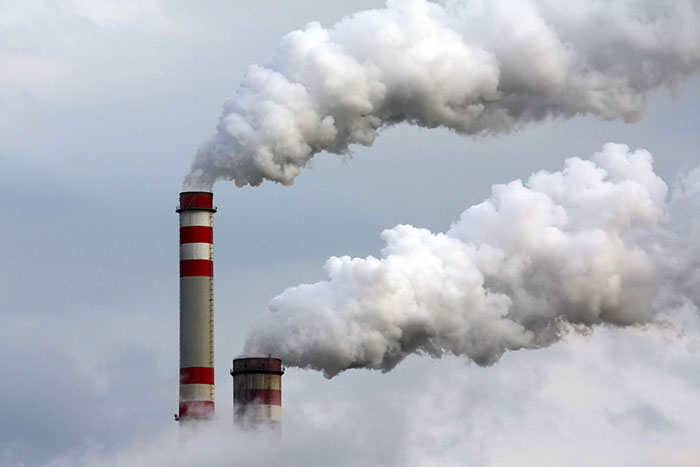



-uyumlastirma.jpg)
The Borderline Carbon Adjustment Mechanism (CBAM) is one of the European Union's (EU) pioneering steps in combating climate change and is a critical policy aimed at reducing the negative effects of global warming.

This mechanism aims to prevent carbon leakage by regulating the import of products with high carbon emissions, as part of the EU's green transformation efforts. CBAM aims to promote environmental sustainability, ensure fair trading conditions and raise global carbon emissions standards both within and outside the EU. This article details the importance of CBAM, its implementation and the role of industrial laboratories in this process.
CBAM is designed to align with the Paris Climate Agreement and contribute to the goal of achieving carbon neutrality by 2050. This mechanism aims to reduce global carbon emissions by applying a carbon tax to products imported from outside the EU that cause high levels of carbon emissions in their production. Thus, while producers within the EU are encouraged to produce with low carbon emissions, it is aimed to balance the competitive advantage of products coming from foreign markets.
The CBAM harmonization process requires importers and non-EU manufacturers to offer products that comply with the EU's carbon regulations. In this process, the carbon content of the products is calculated and the carbon tax is determined according to this information. Harmonization also includes transparent reporting and certification of the carbon footprint of products.
The European Borderline Carbon Regulatory Mechanism is a major step towards reducing global carbon emissions and promoting environmental sustainability. By ensuring fair trade conditions and accelerating the green transformation, CBAM paves an important path towards a more sustainable future.
With the contribution of industrial laboratories, companies in the EU and around the world have the opportunity to comply with these new regulations, reduce their environmental impact and move towards green growth.
CBAM Certificate of Conformity is an official document proving that the carbon footprint of products has been measured and certified in accordance with EU standards. This document shows manufacturers and importers that their products comply with the EU's strict carbon emissions regulations. At the same time, this document is used as the basis for carbon tax calculations and ensures the smooth import of products through EU customs.
To obtain the CBAM Certificate of Conformity, companies must first measure and report the carbon footprint of their products in detail. This process is usually carried out through professional carbon calculation and analysis services provided by accredited industrial laboratories. After the measurement results are submitted to the appropriate certification bodies, a conformity assessment is made and a CBAM certificate is issued.
In addition to complying with the EU's carbon regulations, the CBAM Certificate of Conformity is a critical step in helping companies achieve their sustainability goals. This certification allows companies to manage their environmental impact and remain competitive in one of the world's largest markets, such as the EU.
Our organization plays an important role in ensuring full compliance with carbon regulations by guiding companies through this important process.
First, it is determined whether the organization meets the mandatory requirements of the standard and whether to proceed to the next stage.
It is checked whether necessary procedures and audits have been developed and your institution's readiness for evaluation is reviewed.
The findings that arise in the first two stages are evaluated and after all corrective actions are reviewed, document preparation is started.
To get an appointment, to get more detailed information or to request an evaluation, you can ask us to fill in our form and reach you.